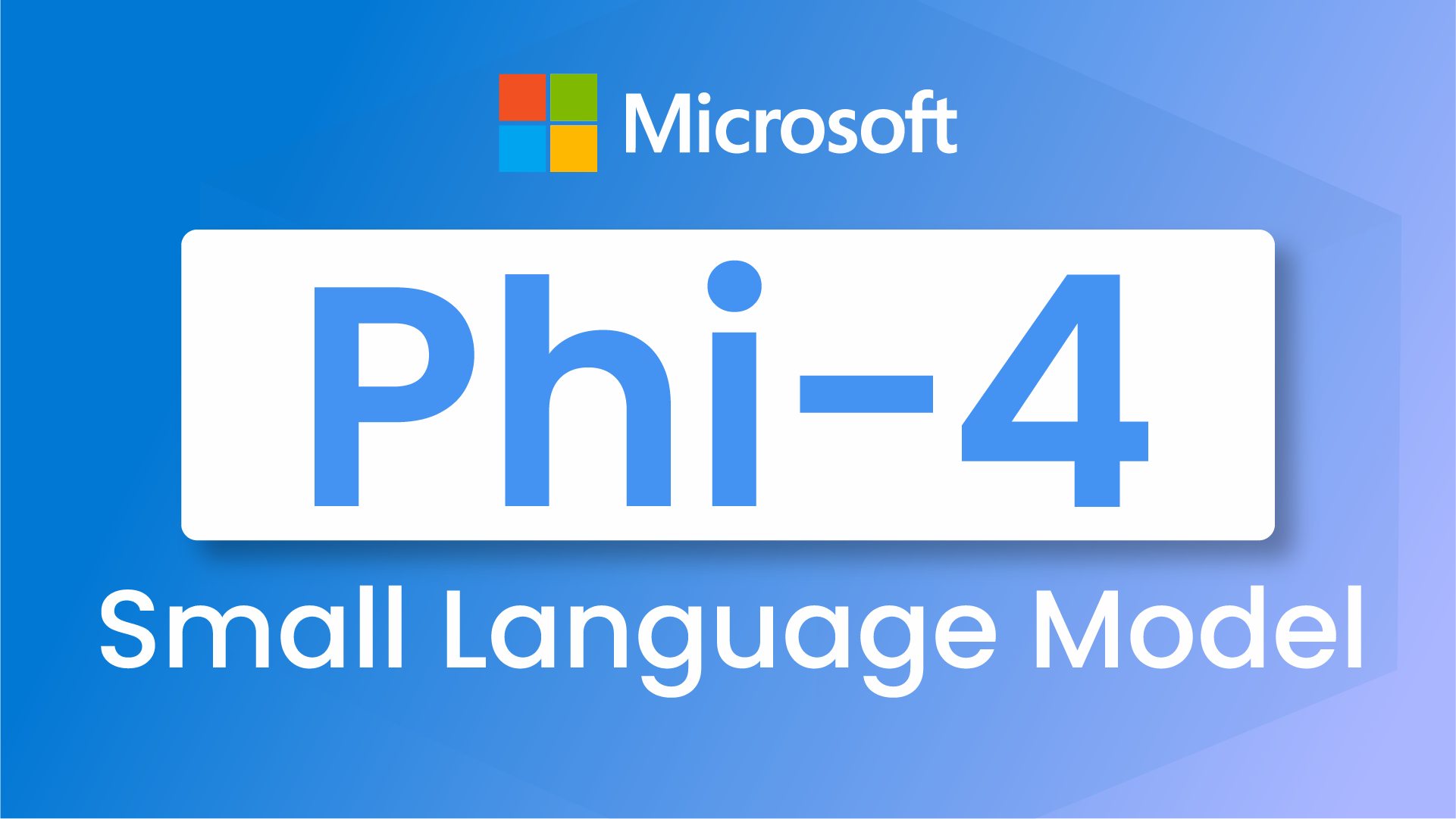
In the ever-evolving world of artificial intelligence, breakthroughs don’t always mean bigger models; they often mean smarter, more efficient architectures. Microsoft’s Phi-4 series is a perfect illustration of this principle. By harnessing advanced training techniques and high-quality curated data, Microsoft has engineered a family of small language models that excel at complex reasoning tasks, yet remain efficient enough for local deployment on everyday devices.
What Is Microsoft Phi-4?
The Phi-4 series represents Microsoft’s latest foray into the realm of small language models. Unlike traditional large language models that rely on sheer parameter count, Phi-4 offers a powerful alternative that emphasizes reasoning over size. The flagship model, known as Phi-4 Reasoning, packs 14 billion parameters into a highly optimized architecture. Alongside it, variants like Phi-4 Reasoning Plus (which further refines performance with additional reinforcement learning steps) and Phi-4 Mini Reasoning (with around 3.8 billion parameters) are tailored to specific tasks, with the mini version being especially well-suited for mathematical and educational applications.
How It Was Trained: A Synthetic-First Strategy
Phi-4’s training philosophy centers on a radical idea: prioritize synthetic data not as a fallback, but as a feature.
Key Ingredients:
- 400B tokens of high-quality synthetic data generated through 50+ custom pipelines.
- Self-revision, where the model critiques and rewrites its own outputs.
- Instruction reversal: taking code snippets and generating the original prompt, reinforcing instruction-following.
- Plurality filtering: crowd-sourced correctness via multiple rollouts, keeping only challenging and non-trivial examples.
Why Phi-4 Stands Out
Phi-4 challenges the conventional wisdom that “bigger is always better” in AI. It achieves a remarkable feat: outperforming larger models on targeted benchmarks, especially in mathematical reasoning and logic-based tasks. For example:
- Math Mastery: In competitive scenarios such as math competition problems, Phi-4 has demonstrated performance comparable to or even surpassing that of some of its larger counterparts.
- On-Device Efficiency: Designed to function locally on CPUs and consumer-grade GPUs, Phi-4 brings advanced AI reasoning to everyday devices, paving the way for offline applications. This kind of deployment is particularly exciting for enhancing productivity tools like email assistants or scheduling apps that rely on real-time reasoning without constant cloud connectivity.
Real-World Applications and Use Cases
The thoughtful design and efficiency of Microsoft Phi-4 open numerous practical applications, including:
- Educational Platforms: With its proficiency in solving complex math problems, Phi-4 Mini Reasoning is a boon for educational apps and tutoring platforms as chatbots, where personalized, step-by-step reasoning can significantly aid learning.
- Business Productivity Tools: Envision an email or calendar assistant that not only processes and summarizes your schedule but also reasons through conflicts and proposes optimal solutions, all while running directly on your device.
- Research and Development: Developers and researchers can leverage Phi-4 to build AI-driven features that require robust reasoning, ranging from coding assistants to scientific analysis tools. These features benefit from its fast inference times and adaptable architecture.
- Edge Computing: For scenarios where latency is critical, deploying Phi-4 at the edge (on-device) ensures that responses are quick and that data privacy is enhanced by reducing reliance on external servers.
Phi-4 Benchmarks
Phi-4 surpasses both comparable and larger models in mathematical reasoning, thanks to significant advancements across multiple stages. These include leveraging high-quality synthetic datasets, meticulously curating organic data, and implementing cutting-edge post-training techniques. By refining the balance between model size and reasoning capability, Phi-4 continues to redefine expectations in AI efficiency and performance.
Phi-4 doesn’t just aim to compete—it often beats models 3–5× its size on reasoning-centric tasks.
| Benchmark | Phi-4 (14B) | GPT-4o-mini | Qwen-2.5-14B | LLaMA-3-70B |
| MMLU (knowledge) | 84.8% | 81.8% | 79.9% | 86.3% |
| GPQA (STEM Q&A) | 56.1% | 50.6% | 42.9% | 49.1% |
| MATH (competitions) | 80.4% | 74.6% | 75.6% | 66.3% |
| HumanEval (code) | 82.6% | 86.2% | 72.1% | 78.9% |
| ArenaHard (GPT-4-judged) | 75.4% | 76.2% | 70.2% | 65.5% |
Meet the rest of the family
| Variant | Size | Modality | Killer feature(s) |
| Phi-4 | 14 B | Text | High-end reasoning |
| Phi-4-mini-instruct | 3.8 B | Text | Runs on mobile / edge, function-calling |
| Phi-4-multimodal | 5.6 B | Text + image + audio | Unified vision-speech-text; OCR & chart parsing |
| Phi-4-reasoning-plus | 14 B | Text | 32 K context, explicit <think></think> traces for step-by-step answers |
The Broader Implications for AI
Microsoft Phi-4 embodies a shift in AI development towards models that do more with less. By refining the balance between model size and performance, Phi-4 demonstrates that intelligent design, combined with rigorous training, can deliver high-quality results without the traditional overhead of massive models. This breakthrough has far-reaching implications:
- Democratizing Advanced AI: With the ability to run locally, Phi-4 empowers developers and users who might lack access to high-powered servers, making advanced AI reasoning more accessible to a broader audience.
- Safety and Responsible AI: Microsoft integrates robust AI safety and content management features that not only protect data integrity but also ensure that the model’s outputs remain reliable and fair, aligning with the company’s commitment to responsible AI usage.
- Future Integration: As the boundaries between efficiency and performance blur, models like Phi-4 pave the path toward even more expansive applications, potentially contributing to the development of artificial general intelligence (AGI) and hybrid AI systems that combine reasoning with external tools.
Conclusion
Microsoft Phi-4 isn’t just another AI model—it’s a statement about the future of artificial intelligence. By focusing on quality, precision, and efficiency, Phi-4 redefines what can be expected from smaller language models. Whether in educational technology, business productivity, or research innovation, Phi-4’s capabilities herald a new era where advanced reasoning is both powerful and accessible.
As Microsoft continues to push the envelope in AI innovation, the Phi-4 series offers a fascinating glimpse into a future where the best of AI is available on your desktop, in your pocket, and in your everyday tools.

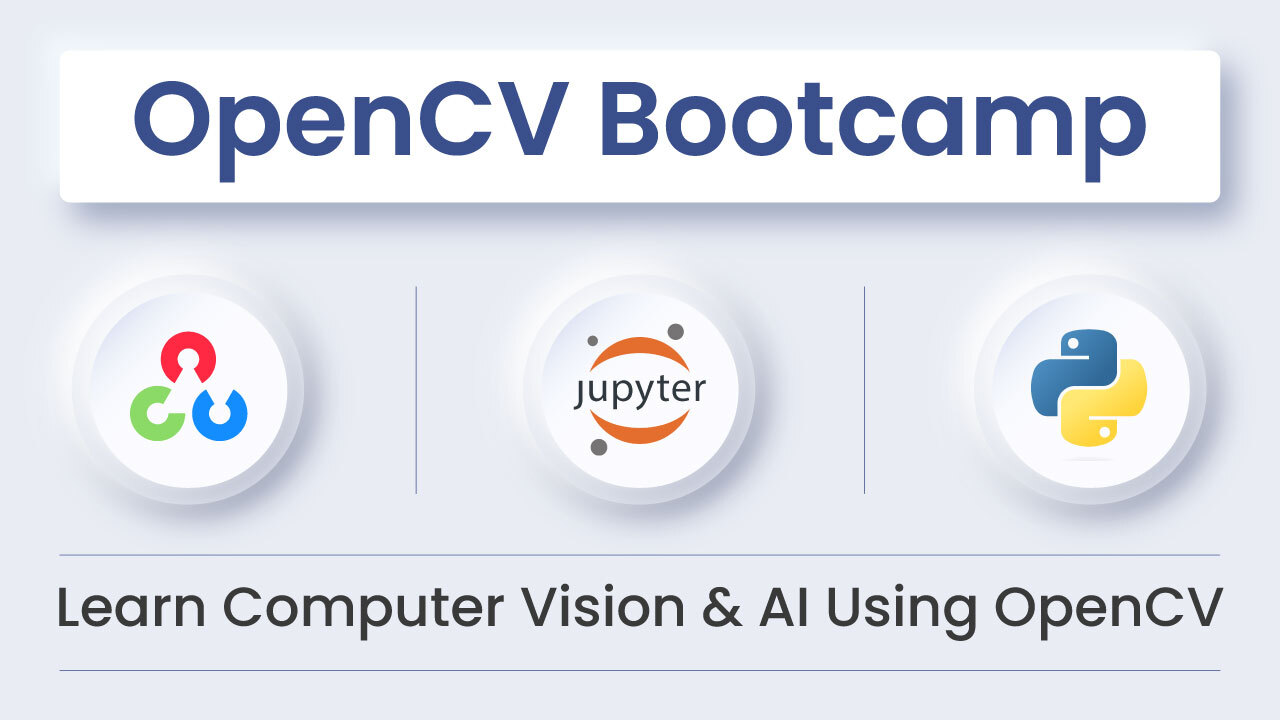
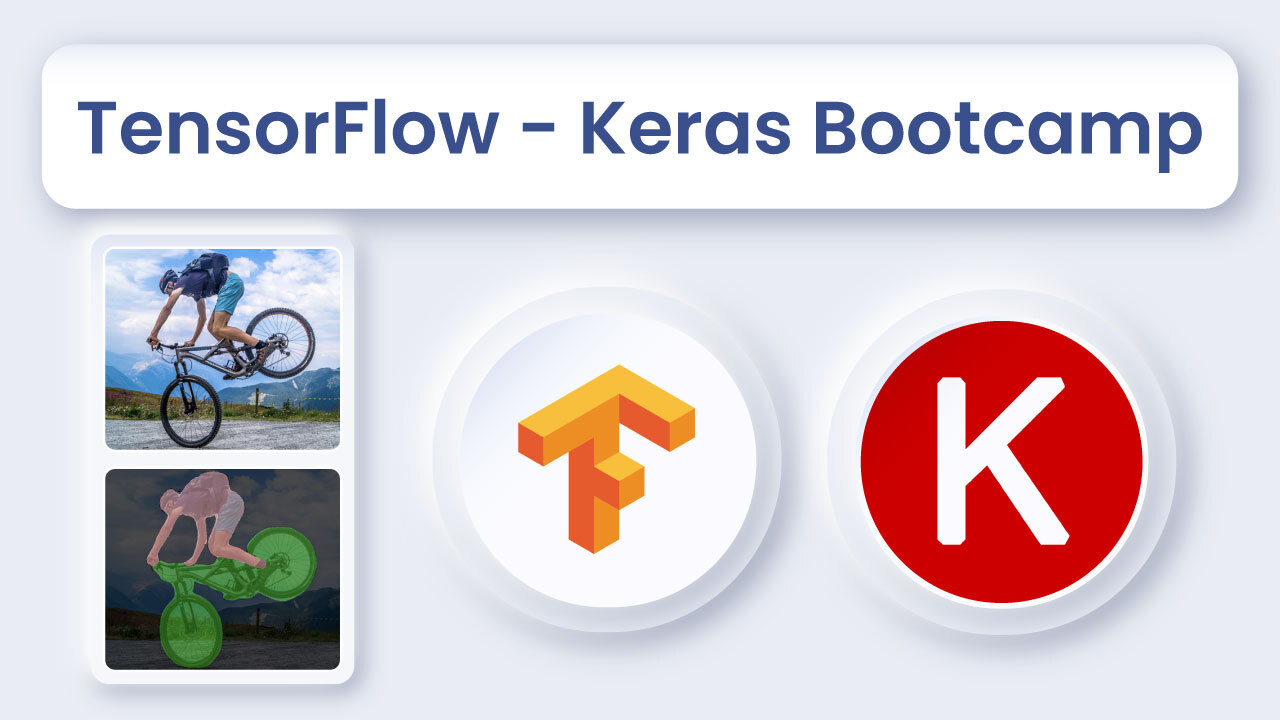
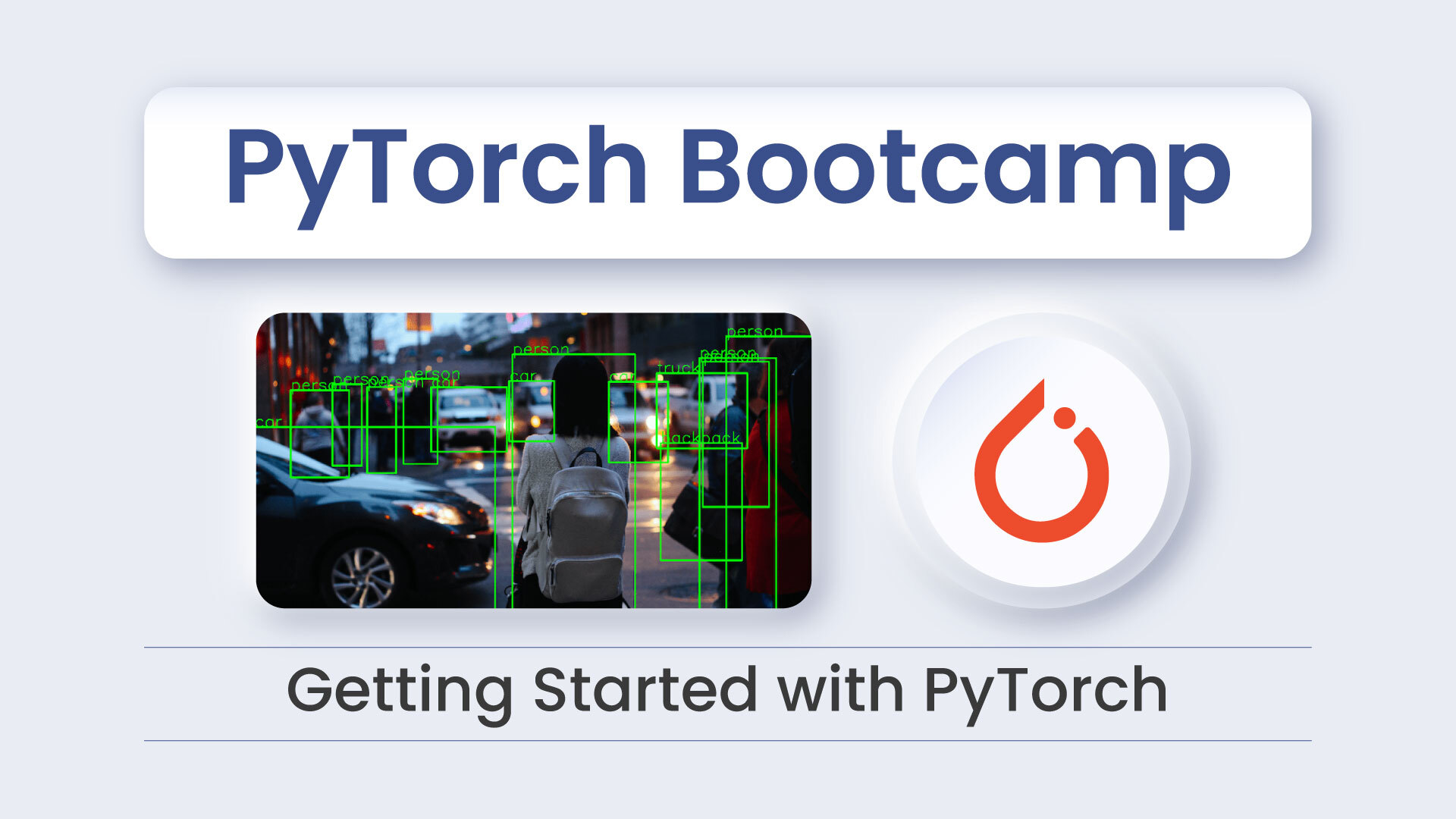
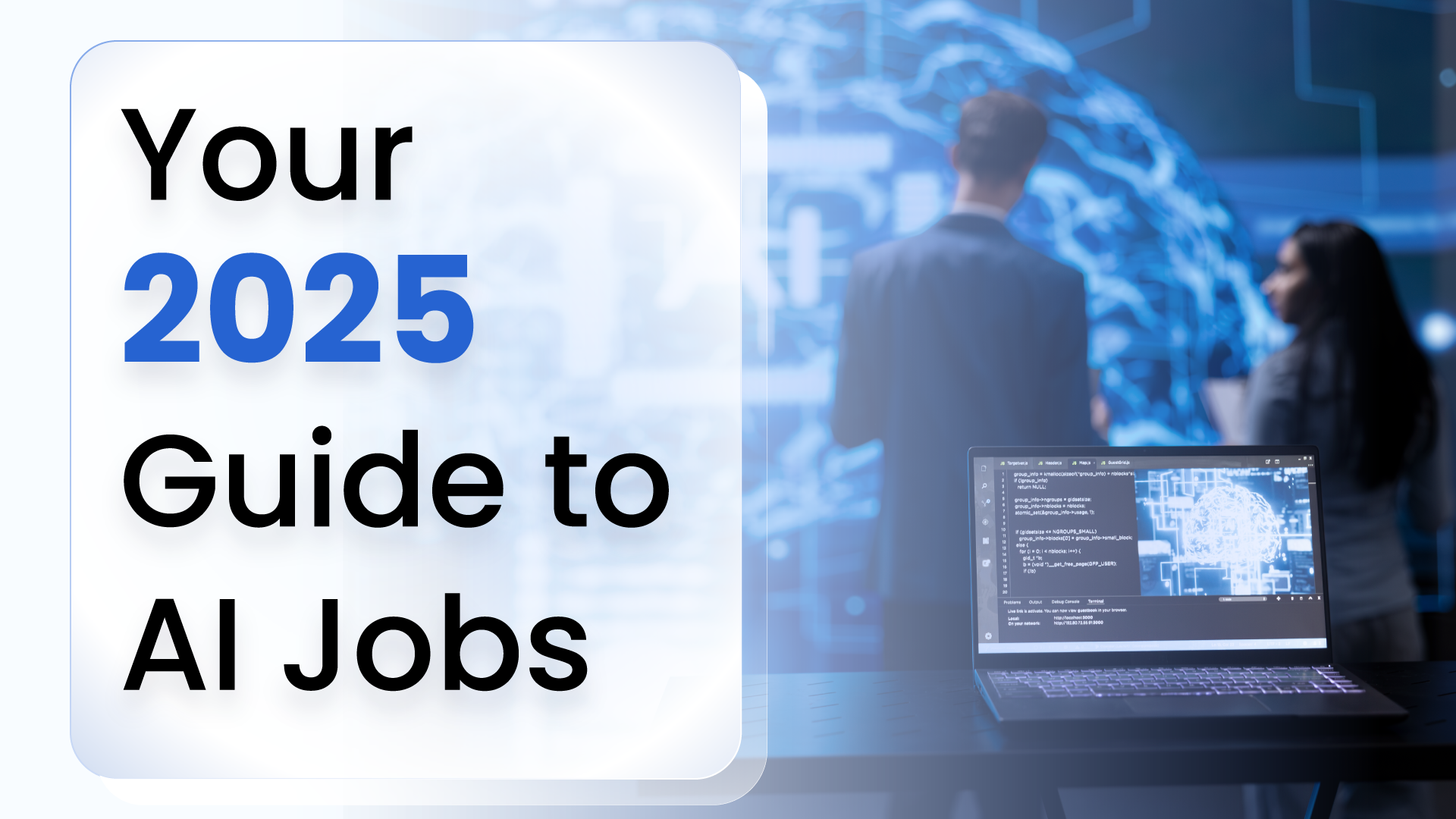
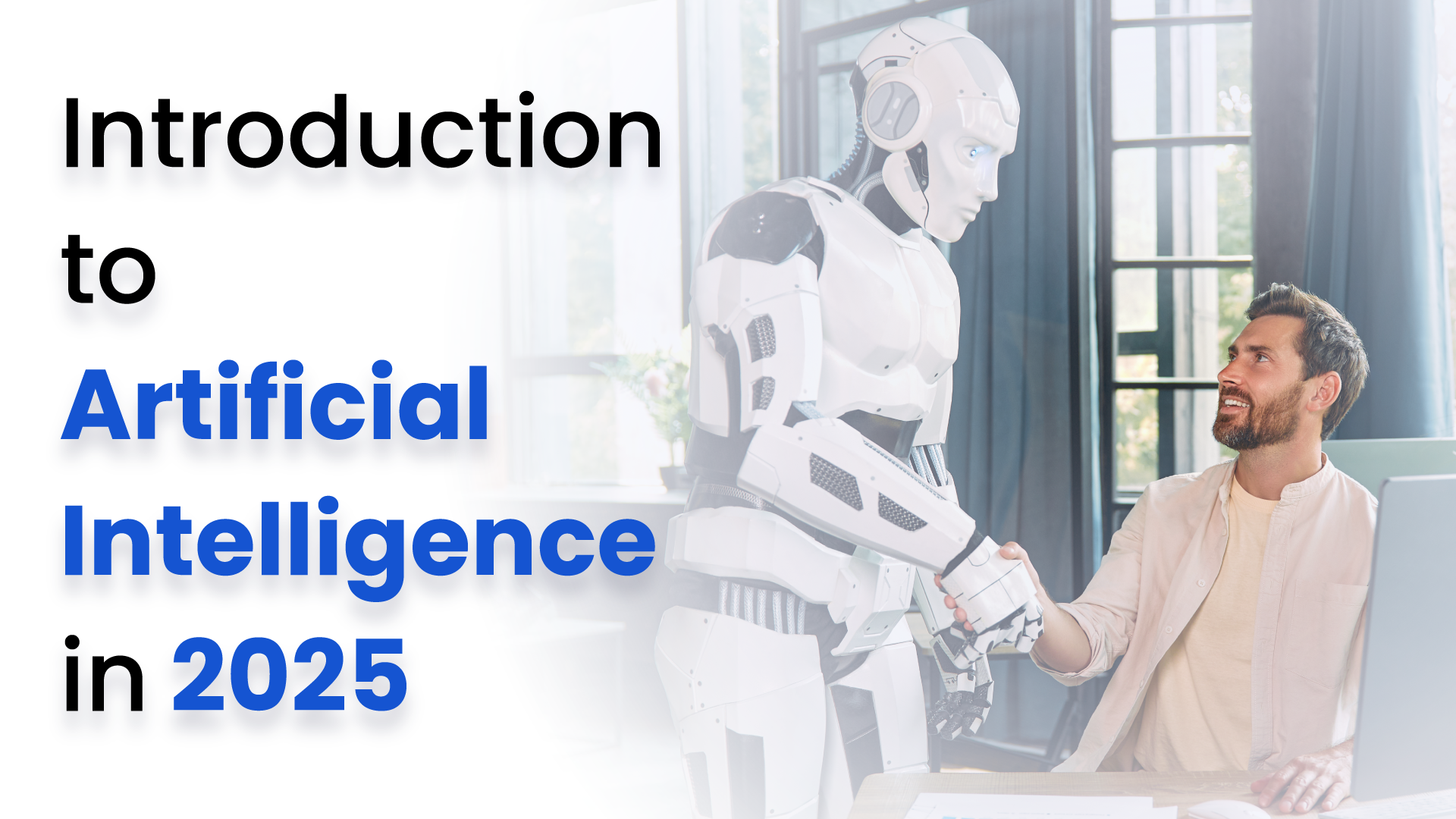
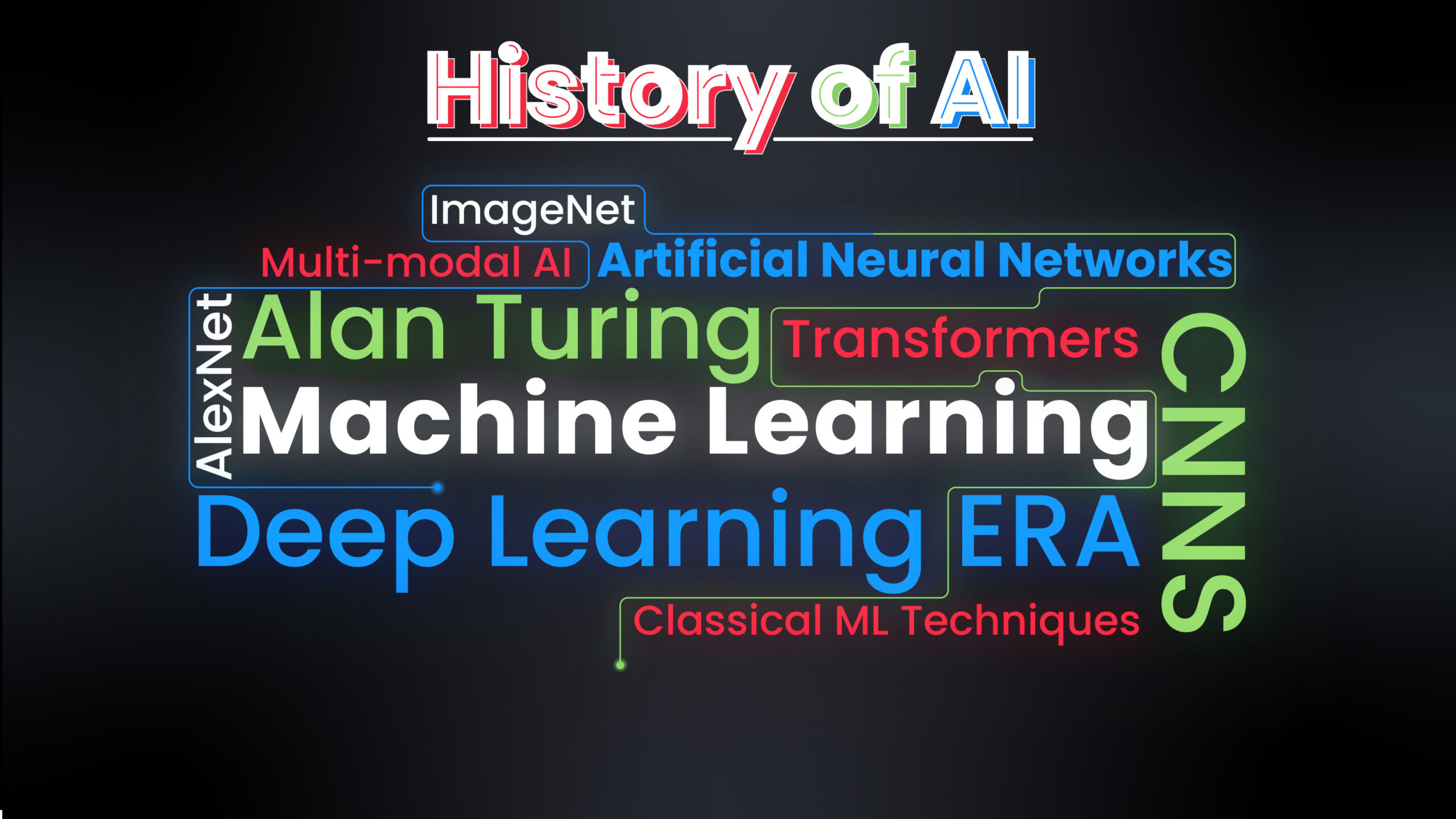


5K+ Learners
Join Free VLM Bootcamp3 Hours of Learning